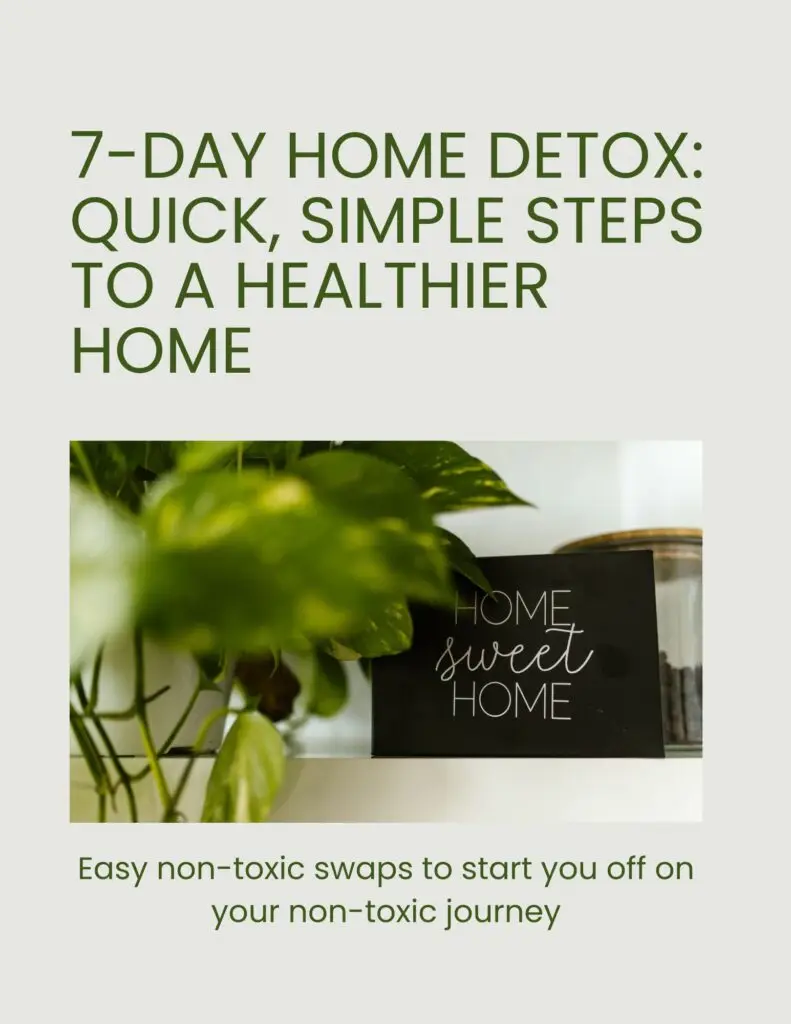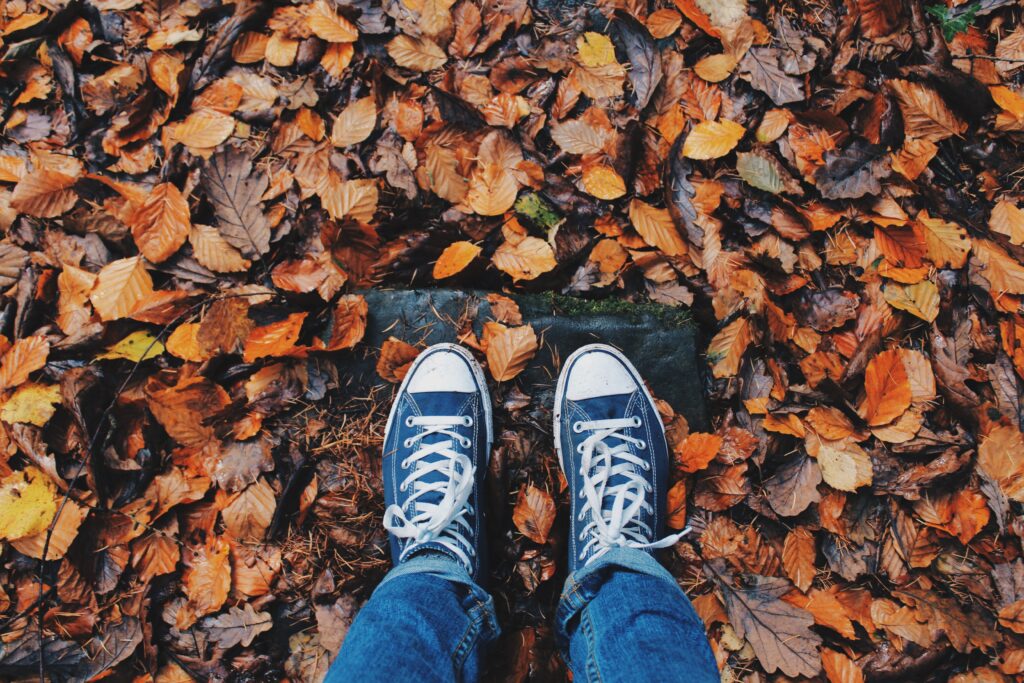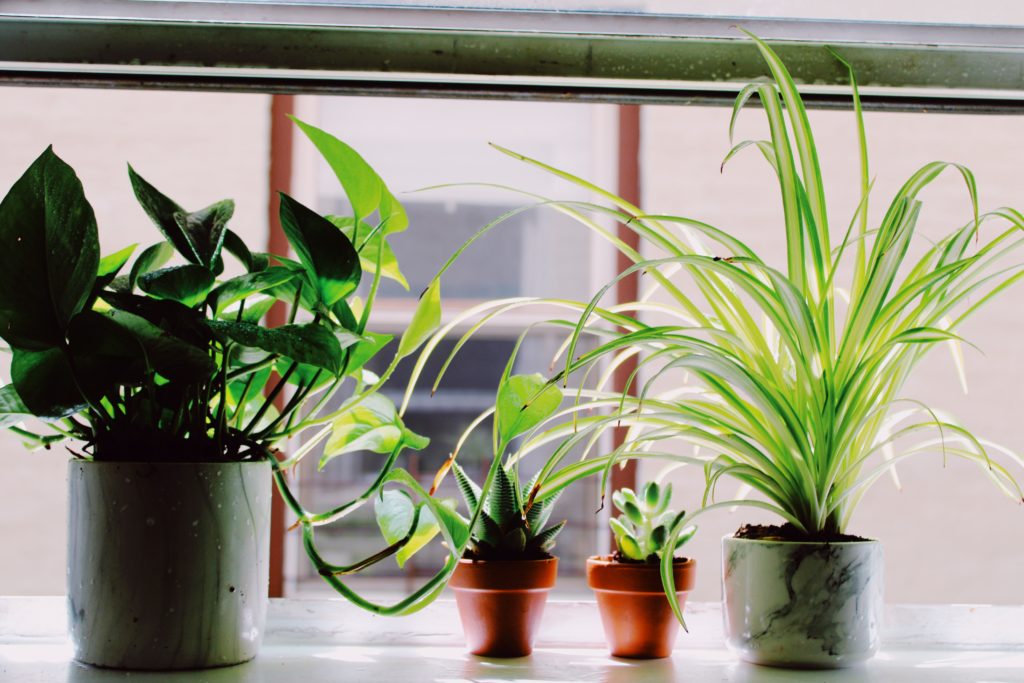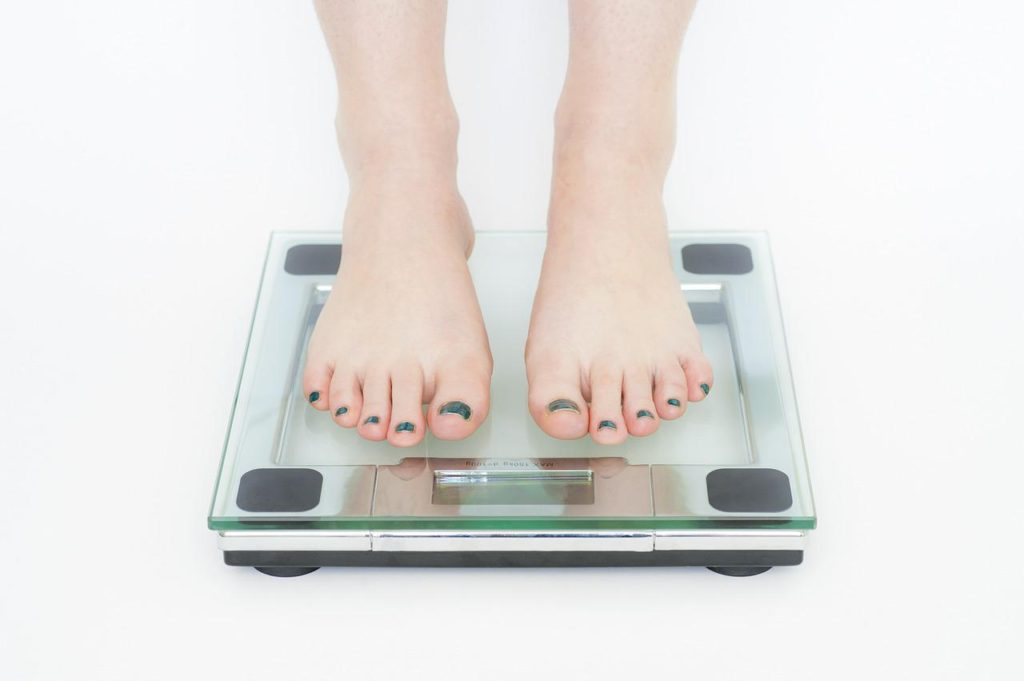Fall is the time of year when many people start thinking about yard cleanup.
One of the most common tasks is to rake up leaves and put them in bags for disposal. However, this may not be the best way to clean up your yard!
In this article, we will discuss the benefits of mulching leaves instead of picking them up.
We will also talk about the health effects of synthetic fertilizers, and why you should avoid using them.
Why Mulching Leaves Is The Way To Go
It’s Good For The Soil
When leaves fall from trees, they decompose and release nutrients back into the soil. This is good for the health of your lawn and can help your grass to grow more lush and green.
It Attracts Worms To Your Yard
Worms are good for your lawn because they help to aerate the soil and make it more fertile. When you mulch your leaves, you attract worms to your yard, which can be beneficial for your lawn in the long run.
It Saves You Time
Picking up all of those leaves can be a time-consuming task. If you mulch them instead, you can save yourself a lot of time and effort.
When I used to pick up leaves, I would have to rake, bag them up and then take them to the dump.
Now, all I do is mow over everything. It takes so much less time! The same amount of time that it takes to mow during the summer months.
You Can Use Them As Compost Around Your Yard
Leaves make great compost material. If you have a compost bin, you can add them to it and turn them into nutrient-rich compost for your garden.
They’re Free Fertilizer
As mentioned before, leaves release nutrients back into the soil as they decompose. This means that they act as free fertilizer for your lawn or garden.
Why pay for a company to come out to spread fertilizer? Use what ya got!
They Help To Insulate The Soil
Mulched leaves help to insulate the soil and protect plant roots from extreme temperatures in both winter and summer. This can help to improve the health of your plants and make them more resilient
The Problem With Synthetic Fertilizers
Synthetic fertilizer is a problem because it is created in a lab with synthetic, or man-made, chemicals. These chemicals are designed to help plants grow faster and stronger, but they can also be dangerous to our health and the environment.
Pets may suffer from health problems if they eat grass that has been treated with synthetic fertilizer, and humans can also be affected if they come into contact with the chemicals.
You can read a bit more about how lawn chemicals can affect your pet here.
In addition, synthetic fertilizer can run off from lawns and into waterways, where it can pollute the water and harm marine life.
Overall, synthetic fertilizer is a problem because it can be harmful to our health and the environment. If you’re looking for a way to help your lawn or garden grow, consider using organic methods instead of synthetic fertilizers.
You can read more about the health effects here.
Conclusion
Mulching your leaves is a great way to keep your yard clean and healthy all winter long. Not only does mulching help break down the leaves so they don’t take up as much space in your compost bin, but it also helps to prevent weed growth and retain moisture in the soil. If you haven’t tried mulching yet, now is the time! Get out there and rake those leaves into piles—just make sure you have a bagger or mulcher attachment for your lawn mower ready to go.
Want More Tips? Download the Free “7-Day Home Detox Guide”
Looking to make changes in other areas of your home? My free “7-Day Home Detox Guide” offers simple, low-cost steps to make your home healthier, one day at a time.
Get it here to start building a non-toxic lifestyle that works for you!

Where to Go from Here: Resources to Keep You Empowered
Your non-toxic journey doesn’t have to be a lonely one.
You can stay connected on social media Facebook | Pinterest | Instagram where I share daily tips, product recommendations, and encouraging messages to keep you inspired on your journey.
And if you’re looking for trustworthy, non-toxic products to add to your routine, my online shop is curated with only the best low-toxic and non-toxic items I personally use and recommend.
Get started:
– Follow on social media: Facebook | Pinterest | Instagram
– Shop Curated Non-Toxic Products.




